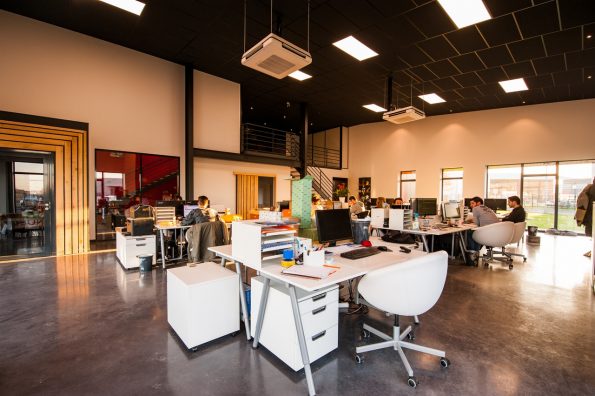Why You Need Commercial HVAC Systems
A commercial HVAC system is a heating, ventilation and air conditioning (HVAC) system which provides temperature control and fresh air deliveries to commercial buildings. Air conditioning is also one of the most important systems used in commercial architecture. Their uses are diverse and vital for businesses and organizations.

Here are some of the key uses of commercial HVAC systems;
Indoor air quality
Indoor air quality refers to how clean and free of contaminants your indoor air is at any given moment in time as opposed to outdoors, where airborne dust particles are suspended in the atmosphere for many hours before settling on your skin or being inhaled into your lungs; these particles can be harmful if inhaled over time due to their size (smaller than 10 micrometers), chemical composition.
Temperature regulation
Temperature regulation aims to maintain an indoor temperature that is comfortable for the occupants. The HVAC system regulates the temperature by adding or removing heat from the air. A blower motor draws in outside air and blows it over coils inside a central air handler (CAH) or heat pump. Warm air rises while cold air falls.
The blower then exhausts this cool air into the conditioned space. This process is called a heat exchange cycle, or just heat exchange. It allows you to control your home’s climate by selecting a desired temperature and maintaining it with minimal energy consumption. If you want to understand how these units work, connect with Motili, leader in HVAC technology.
Equipment cooling
A commercial HVAC system can also be used to cool equipment in commercial spaces such as offices, warehouses and schools. When air conditioners are used to cool equipment, they work much like a refrigerator when it’s turned on to cool food items inside it. Air conditioners use an electric motor to move air through coils inside the unit and then blow that air out through vents at most units’ tops (or sometimes at the bottom).
This movement of air allows it to remove heat from whatever it is being used to cool down, whether that’s food products, machinery or electronic devices like computers or smartphones, while also providing some form of cooling comfort to users who work nearby so they don’t have to sweat through their workday as ordinary people would.
Comfort and productivity
For workers to focus on their work, they need to have a comfortable environment with low noise and dust particles that could affect their concentration levels and cause health problems such as asthma attacks and allergies in some people.
The commercial HVAC systems should also be designed to keep out any external factors, such as natural light or fresh air, that could interfere with concentration levels during late afternoon peak periods when most people work at home offices or spend time with their families away from their desks at home.
Conclusion
Commercial HVAC systems are integral to the functioning of modern businesses, contributing to the comfort, health, and productivity of occupants while ensuring energy efficiency and compliance with regulations. Regular maintenance and proper usage can extend the lifespan of HVAC systems and maximize their benefits.

